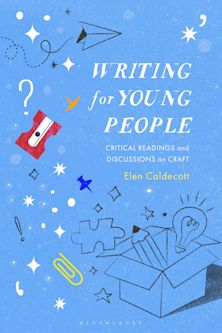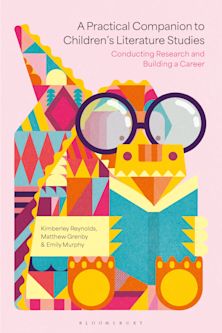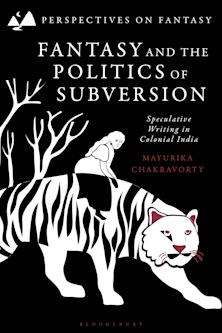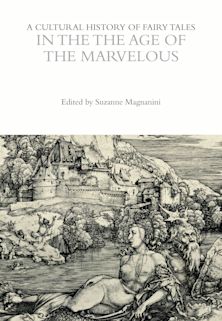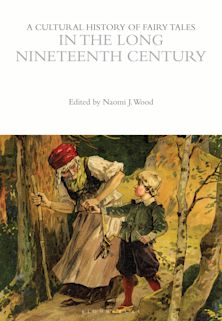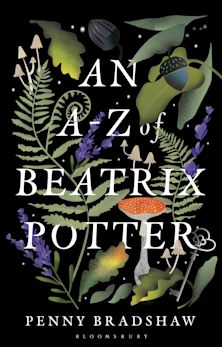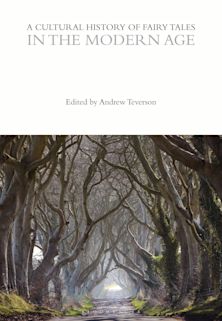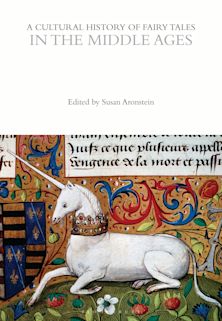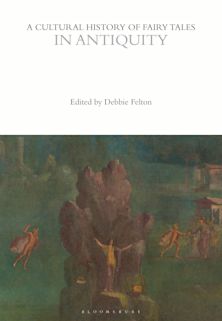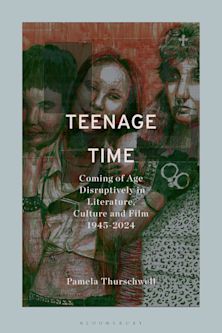- Home
- ACADEMIC
- Literary Studies
- Children's Literature
- Using Nonfiction for Civic Engagement in Classrooms
Using Nonfiction for Civic Engagement in Classrooms
Critical Approaches
Using Nonfiction for Civic Engagement in Classrooms
Critical Approaches
You must sign in to add this item to your wishlist. Please sign in or create an account
Description
This book acknowledges the existence of high quality nonfiction children’s literature that may serve as a basis for conversation about civic engagements and our roles as global citizens. It touches on our social history, and offers ideas for how educators might be able to engage readers in healthy and useful dialogues on what it means to be human and how nonfiction texts attempt to reconstruct this reality in this quest to recognize our collective humanity.
Table of Contents
Preface
Acknowledgments
Chapter 1: Critical Conversations: Approaches Some Authors Have Adopted to Address
Social Issues
Vivian Yenika-Agbaw
Chapter 2:You Too Can Make a Difference: Young Civil Rights Activists
Terrell A. Young, Barbara A. Ward, and Deanna Day
Chapter 3: Advocating for Immigrant Experiences in Nonfiction Literature
Ruth McKoy Lowery, Kathleen Colantonio-Yurko and Cody Miller
Chapter 4:Teaching for Social Justice: Nonfiction Texts and Multi-genre Writing
Ann Berger-Knorr and Mary Napoli
Chapter 5:Sixth Grade’s Inquiry into the World War II Japanese Internment Camps
Yoo Kyung Sung and Junko Sakoi
Chapter 6:Critical Conversations Using Native American Autobiographies
Paul H. Ricks
Chapter 7:Biographies as Bibliotherapy: Using Nonfiction to Help Boys Overcome
Bullying
Lunetta M. Williams and Kelly C. Scott
Chapter 8:Creating Spaces for Critical Conversations on Issues of Social Justice
Mary Ellen Oslick, Terri Robertson and Melissa Parks
Chapter 9: Helpful Resources to Engage Children in Conversations on Social Issues in
Nonfiction Literature
Suzanne Chapman, Mario Worlds, and Soowon Jo
Contributors’ Biography
Product details
| Published | 22 Feb 2018 |
|---|---|
| Format | Ebook (Epub & Mobi) |
| Edition | 1st |
| Extent | 140 |
| ISBN | 9781475842340 |
| Imprint | Rowman & Littlefield |
| Illustrations | 11 BW Illustrations, 5 Tables |
| Publisher | Bloomsbury Publishing |
About the contributors
Reviews
-
Facts…or alternative facts. Now is an era when critical reading of nonfiction texts is vitally important, a need which this timely volume addresses. Its nine chapters focus on some of the most pressing issues of our time—racism, immigration, bullying—framed by critical lenses and demonstrated through teaching examples and current, noteworthy nonfiction titles. A new important resource for both classroom practitioners and teacher educators who empower students to strive for social justice!
Barbara Lehman, professor emeritus, The Ohio State University
-
Reading this book feels like participating in a seminar in social justice literature. The authors present a wide variety of voices that make readers eager to dive into the examined texts. Chapter by chapter, readers will gain inspiration and courage to modify their teaching. Classroom by classroom, this book will help change the world.
Janet Wong, co-author, “HERE WE GO: A Poetry Friday Power Book”
-
This book is a timely, much-needed resource for teachers who seek to engage their students in examining the issues of equality and power that we all face in today's complex and interconnected world. Using nonfiction literature as a springboard, teachers can tap into the examples and strategies provided to promote critical inquiry and dialogue in the safe space of their classrooms. The authors show teachers how to spur students to dig deeper into a wide range of social justice topics, using a problem-posing stance to investigate point-of-view, subjectivity, and accuracy of nonfiction literature.
Gail V. Ritchie, PhD, National Board Certified Teacher, retired instructional coach, Fairfax County Public Schools












